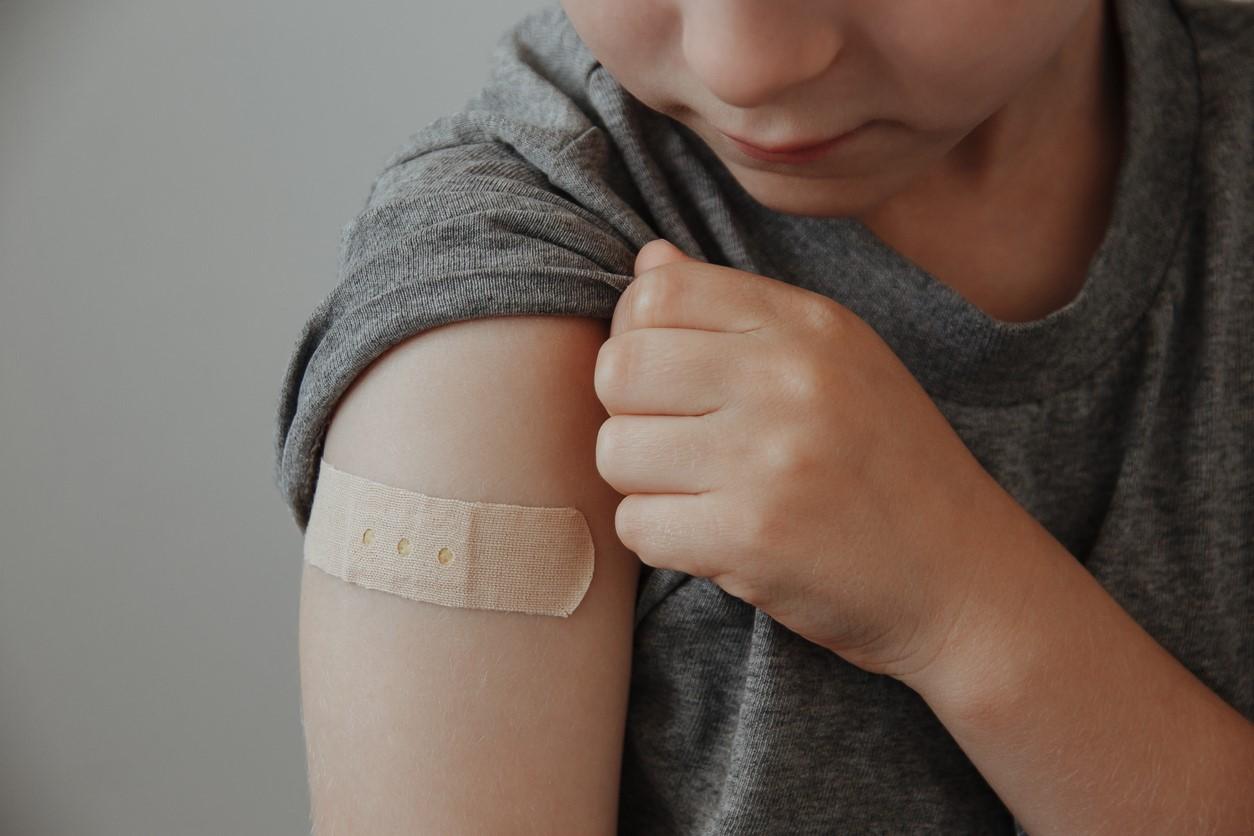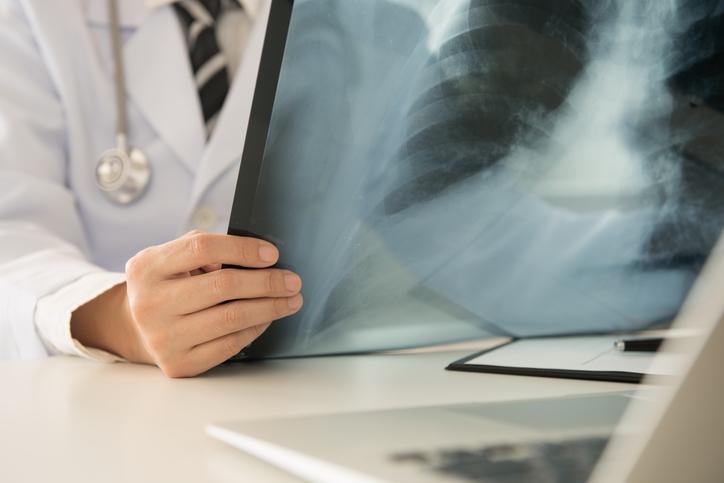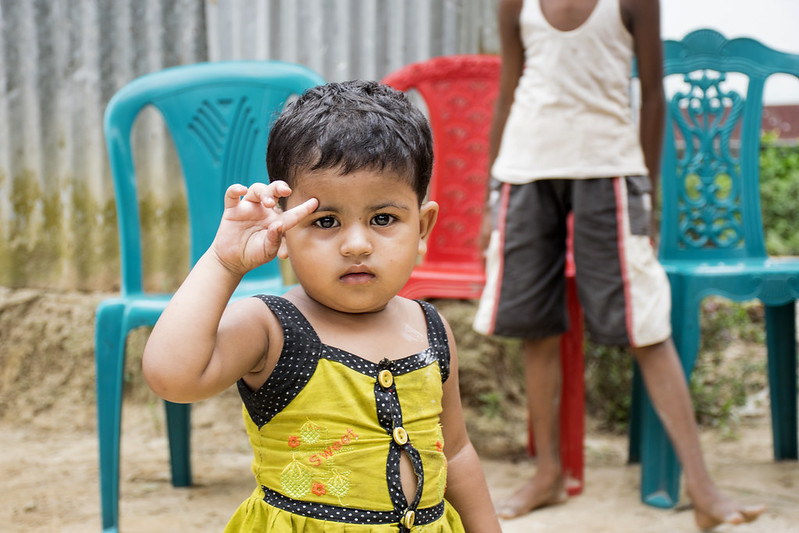
From 2019 to 2021 in California, the proportion of kindergarteners with medical exemptions from school vaccination mandates fell, but the percentage not current with vaccinations rose, probably due to COVID-19–related disruptions and parents opting for homeschooling or other modalities not subject to the requirements, University of North Carolina researchers report in JAMA.
The team analyzed data from the California Department of Public Health's Kindergarten Immunization Assessment reports for the 2019-2020, 2020-2021, and 2022-2022 school years.
The researchers noted that after California eliminated nonmedical exemptions from school-entry vaccination requirements in 2016, medical exemptions rose rapidly, raising questions about inappropriate use. California Senate Bills 276 and 714 (collectively, SB276) became law in January 2021, increasing the state's oversight of medical exemptions.
Enhanced monitoring, assessment needed
The proportion of California kindergarteners not up to date with required vaccinations increased from 5.71% (31,669 children) in 2019 to 7.15% (34,723) in 2020, then decreased to 6.01% (30,290) in 2021. The percentage of medically exempted kindergarteners fell from 0.95% in 2019 to 0.27% in 2021.
Enhanced monitoring and assessment may be necessary to ensure children who fell behind on vaccinations during the pandemic receive them before school entry.
The proportion of kindergarteners overdue for vaccination climbed from 1.48% in 2019 to 2.27% in 2021, as did that of children not subject to vaccine requirements (1.62% to 2.13%). Increases in kindergarteners not up to date rose over 0.5% in 26 of 58 counties, and 8 counties saw an increase of over 2%, namely in Northern California. But the percentage of those not up to date decreased by over 0.5% in 13 counties.
Medical exemptions to vaccination declined at least 0.5% in 19 counties and climbed at least 0.5% in 4, while 13 counties experienced an increase of 0.5% or greater in children not subject to vaccination requirements, and 2 saw a decline of 0.5% or greater.
"The increase in kindergarteners not subject to vaccination requirements after SB276 nearly offset the decrease in medical exemptions," the authors wrote. "Enhanced monitoring and assessment may be necessary to ensure children who fell behind on vaccinations during the pandemic receive them before school entry," they added.














